August is known as Women’s Month in South Africa. It’s a time when we honour the women who sacrificed their lives for the freedom and equality of women across South Africa today.
It is also a time where we celebrate the powerful women in our lives; our mothers, sisters, partners, friends; those who protect us, nurture us and guide us throughout our journeys.
Women’s Day is celebrated each year on August 9th to commemorate the historic occasion in 1956 when over 20 000 women gathered together at the Union Buildings in Pretoria. They protested against the Apartheid law that forced black women to carry passbooks.
The role that women played in the struggle against Apartheid is often overlooked. In honour of Women’s Day, we have highlighted some of the most iconic female freedom fighters and political activists that were deeply involved in fighting for South Africa’s liberation.
Fatima Meer
Fatima Meer was a South African writer, screenwriter, author and activist during the Anti-Apartheid struggle, and was involved with multiple defiance movements against the Apartheid government.
Fatima was a founding member of the Federation of South African Women (FEDSAW) and was one of the inspirational women that lead the famous Women’s March in August 1956.
She was known for campaigning for black women’s rights and produced over 40 books in her lifetime which fearlessly spoke out against apartheid policies.
Helen Joseph
Helen Joseph, together with Lilian Ngoyi, played a powerful role in the formation of FEDSAW, spearheading the women’s march with other powerful female political leaders.
She was a vocal advocate of women’s liberation and spoke out against the policies of the apartheid government. For her devotion and commitment to the liberation struggle, Helen Joseph was awarded the ANC’s highest award, the Isitwalandwe Medal as a symbol of courage, defiance and integrity.
Winnie Madikizela-Mandela
Affectionately known as uMam, Winnie was the radical rebel who refused to stay silent in times of Apartheid oppression. Not only was she the ex-wife of the late Nelson Mandela, Winnie was a political powerhouse in her own right.
When her husband was sentenced to life imprisonment on Robben Island, Winnie Mandela kept the name of the ANC and the spirit of the resistance alive. Despite being arrested, imprisoned, tortured, and constantly harassed in her own home, Winnie remained a dedicated servant to the liberation of South Africa.
Albertina Sisulu
During the Apartheid struggle, Albertina Sisulu was a nurse and a political activist in her own right, as well as being married to the former ANC deputy president Walter Sisulu.
Albertina was one of the first women to take leadership in defiance movements against the Apartheid government. During the 1950s she was one of the organisers of FEDSAW Women’s march that protested against amendments to the pass laws.
Due to her political activism, Albertina was also the first woman to be arrested under the new law that allowed police to hold suspects in detention for 90 days without charging them. For two months, Albertina was held in solitary confinement and tortured relentlessly by authorities.
Lilian Ngoyi
Lilian Ngoyi was a political activist for women’s rights and the emancipation of black women during the struggle for democracy in South Africa. Lilian was a powerful public speaker, a trait that won her recognition within the struggle movements.
She was the first woman to be elected to the Executive Committee of the African National Congress (ANC) just one year after joining them, as well as being elected as the president of the ANC Women’s League.
Her energy and inspirational voice allowed her to become FEDSAW’s president in 1956. Lilian famously travelled the world illegally to spread the word of women’s liberation and racial equality in South Africa.
Ruth First
Ruth First was a journalist, academic and political activist. She earned a Bachelor of Arts (BA) degree at the University of Witwatersrand where her fellow classmates included former president Nelson Mandela as well as fellow political activist Joe Slovo, who she would later marry.
Ruth worked as an investigative journalist and editor, focusing on the social injustices of the Apartheid government. She was a member of the Federation of Progressive Students and published a number of books which focused on feminism and equality within South Africa.
Sadly, in 1982, Ruth was killed by a letter bomb that was believed to be the work of the South African government.
Helen Suzman
Helen Suzman was a human rights activist who fought against the oppressive policies of the Apartheid government. Relentless in her pursuit for equality, Helen was known for her outspoken disapproval of the Apartheid government and for her commitment to fighting for gender equality in South Africa.
She was the voice of the oppressed and the founding member of the Apartheid government’s opposition party; The Progressive Party. Helen Suzman was internationally recognised for her work as a human rights activist, earning her two nominations for the Nobel Peace Prize before her death in 2009.
South Africa’s history is fraught with turmoil, oppression, inequality and injustice. These women were just a few of the many beacons who helped cast a shining light on the pathway to a democratic society and the Rainbow Nation we all know and love today.
It’s an honour and a privilege to celebrate these women, and the many others who fought for female equality, each year on August 9th.
To learn more about the Women’s March of 1956, check out the Pretoria City Highlights and Attractions Tour. Perfect for those who are interested in history and politics, it takes visitors to the site of Union Buildings, the official seat of the South African Government and offices of the President, and where 20 000 women of colour marched against amendments to the pass laws during the Apartheid regime that fateful day in August 1956.
Image credits:
- Image of Fatima Meer from South African History Online
- Image of Helen Joseph from South African History Online
- Image of Winnie Madikizela-Mandela from South African History Online
- Image of Albertina Sisulu from South African History Online, Original Image
- Image of Lilian Ngoyi from South African History Online
- Image of Ruth First from South African History Online
- Image of Helen Suzman from South African History Online


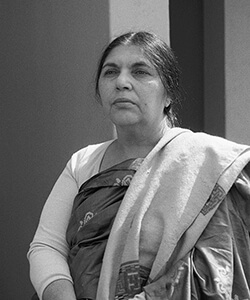
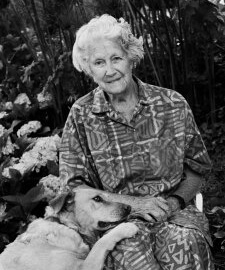
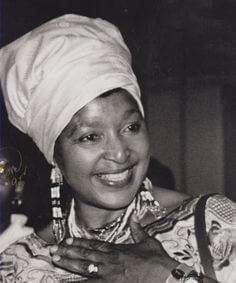
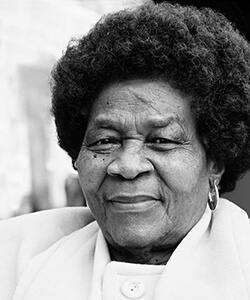
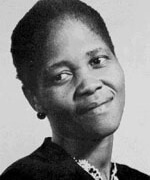
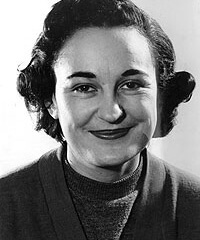
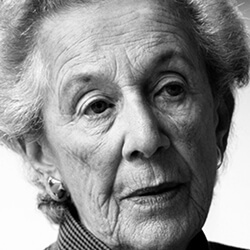
More info